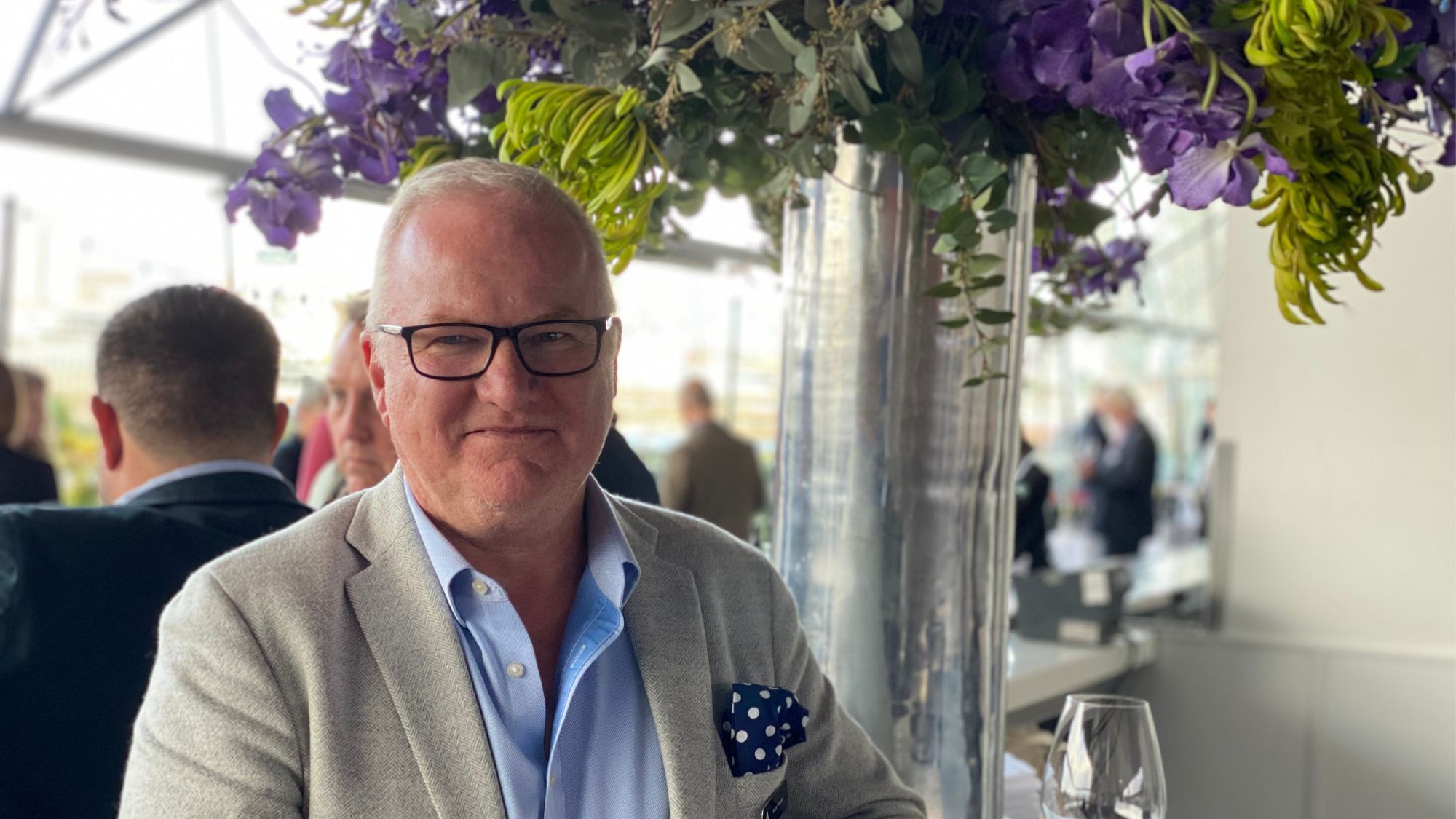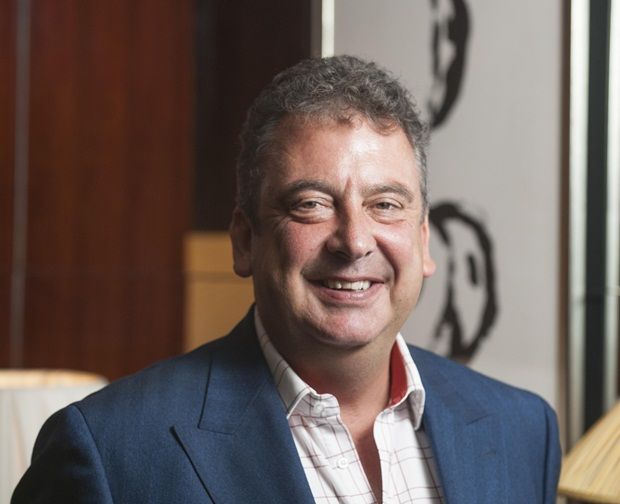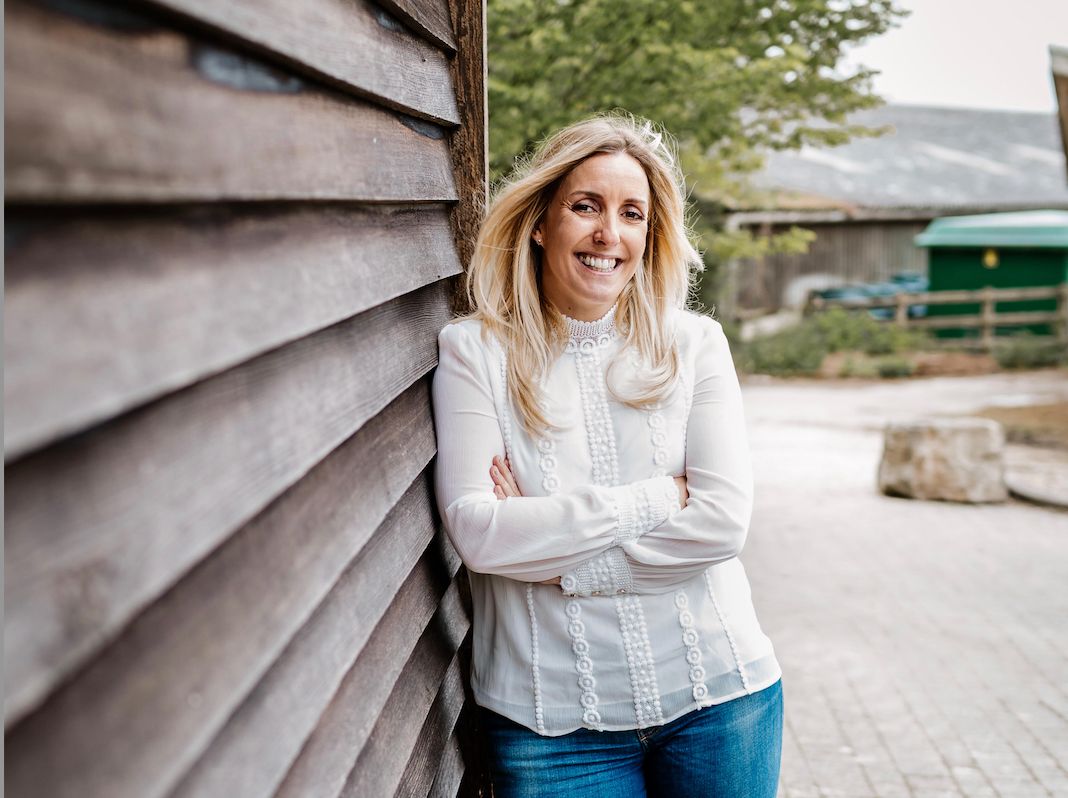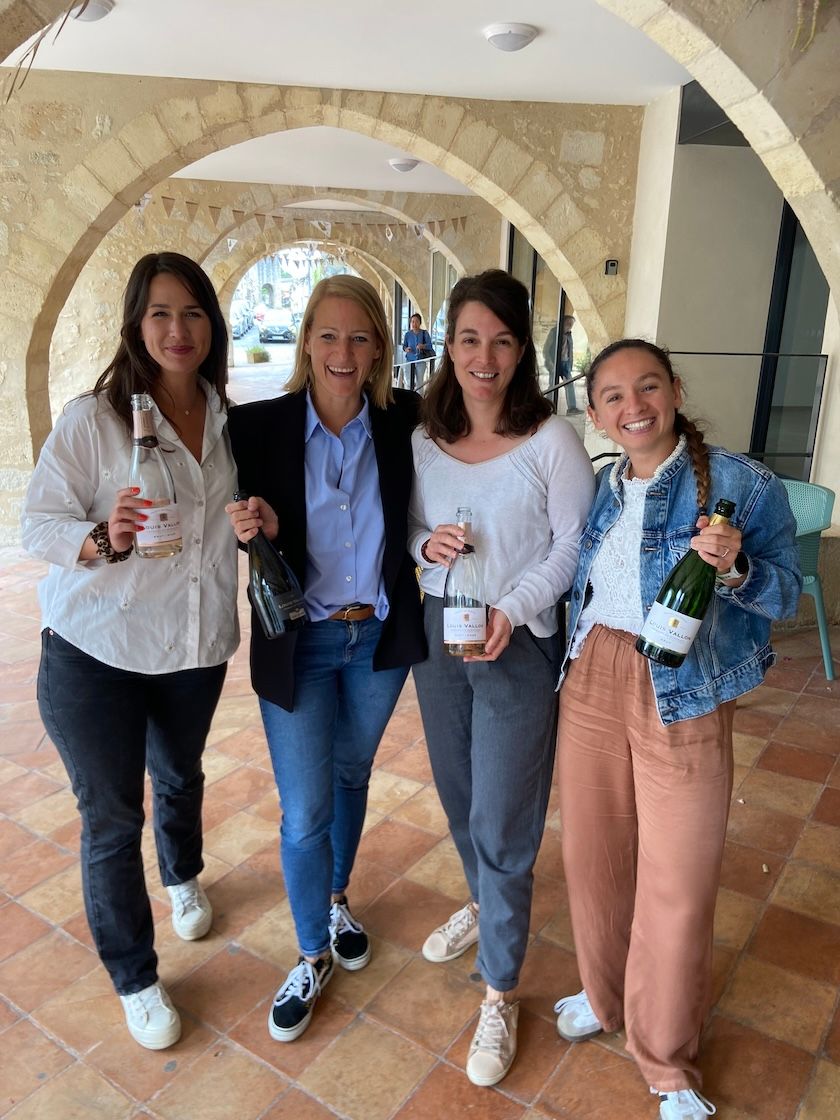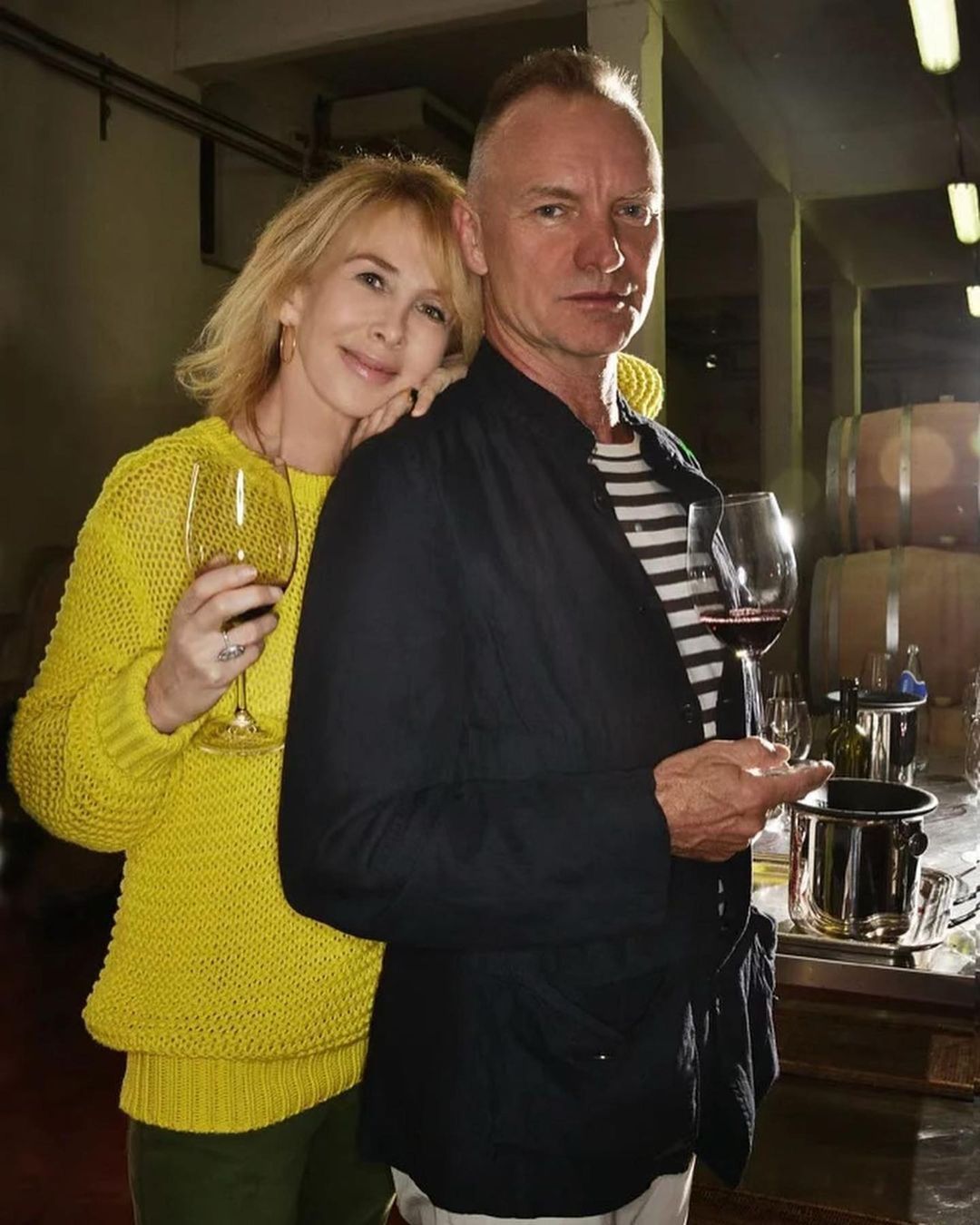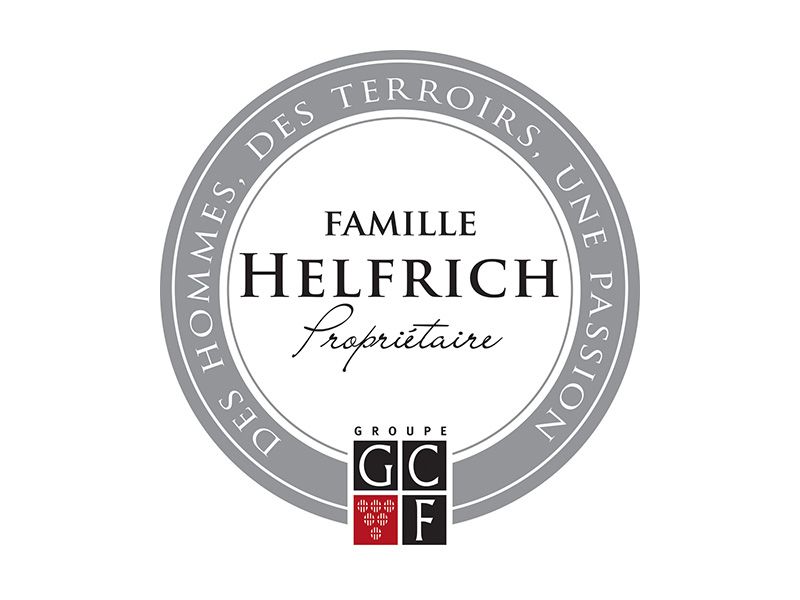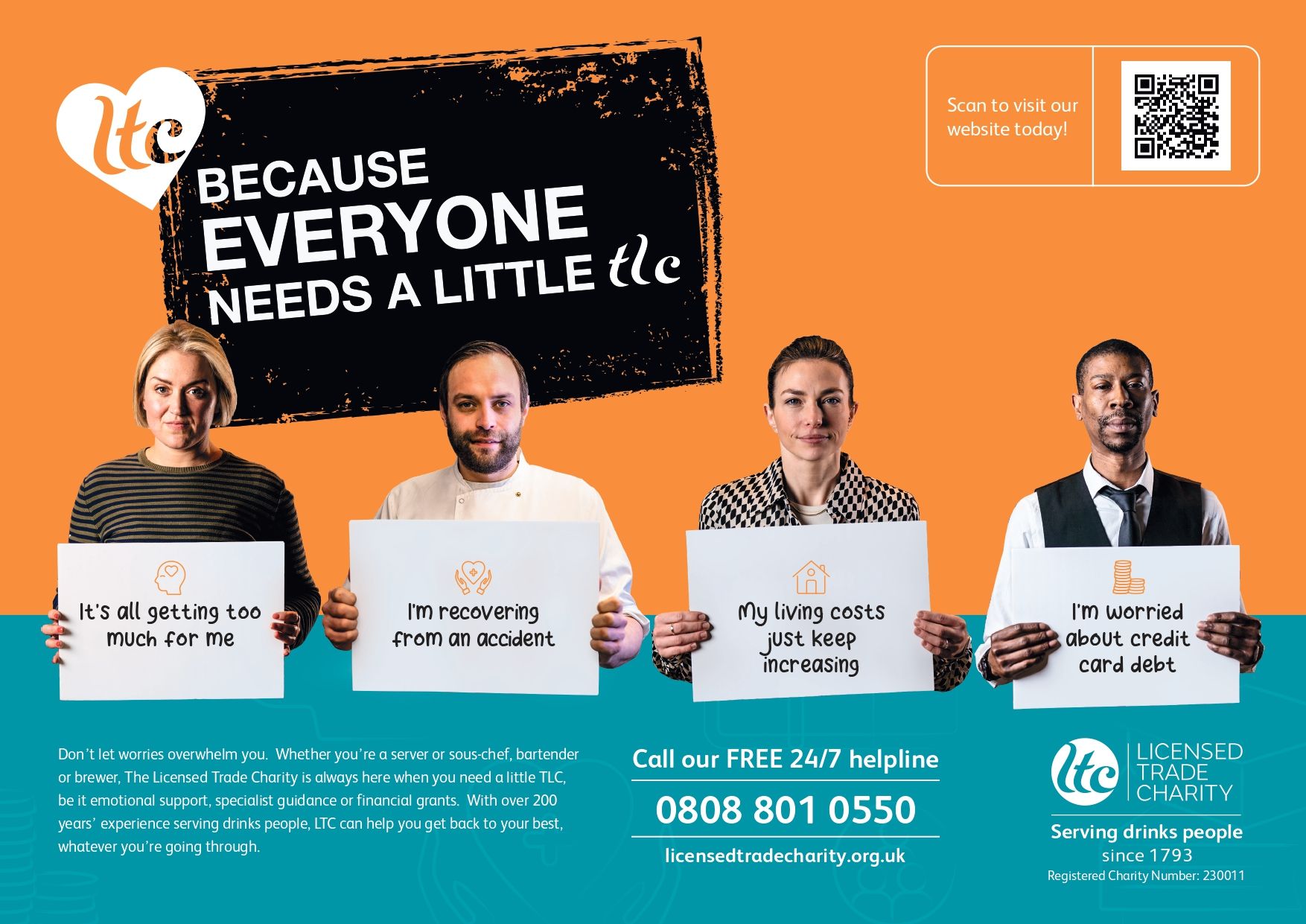How did you get into the wine industry?
I fell into it really. I got lucky and was appointed as an assistant to the production manager of Nobilo vintners back when it was truly a family owned business. The rest is history as I fell in love with wine. Up until that day I never drank it.
How would you describe your style of management?
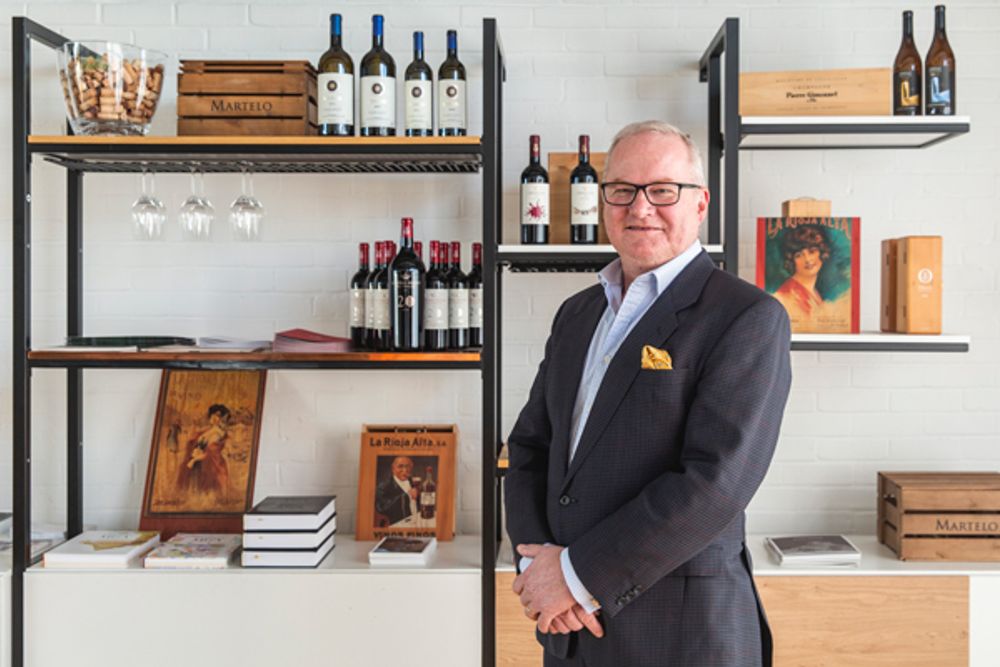
Brett Fleming believes in taking the time to recurit the right people who understand the company's culture and then leaving them to get on with their jobs
Hands off. I hate micromanagers. It is the worst form of management and undermines your staff. So long as you provide a strong vision and one that people believe in, you simply need to ensure you provide good guidelines and be clear on expectations, then let those who are better at the specific job to get on with it.
Don’t kill people when mistakes happen, They are stronger for falling over. A cliché perhaps but it is so true. Support where it is needed but also space to grow their ideas.
Never take the glory and ensure you are the only one to take the heat. I am not successful as a manager. It is my team who create this illusion and they are the ones who deserve the credit. When it goes wrong, and it often does, take the blame and lead the team out of the problems but owning the mistakes and recognising the wins.
What is your approach to managing and motivating people?
Empower your team to believe in themselves. Hire staff better than yourself to the specific job you want them to do. Let them know they can manage up.
In interviews at Armit, I tend to be the last person any new hire will see. I am not at all interested in their ability to actually do the job as this should have been assessed by my team who then short list say two people. What I am interested in is who these people are, what makes them tick, will they fit into the culture of Armit, will they get growth and enjoyment from joining our little business, will they add to our culture? And most importantly can they challenge me and the senior team to be sure we are making the right decisions.
I need people to know they own their area and treat it like it’s their own P+L. I do not want people who simply nod their head and say yes all the time but people who will contribute to the growth and health of Armit to ensure we are collaboratively making the right calls.
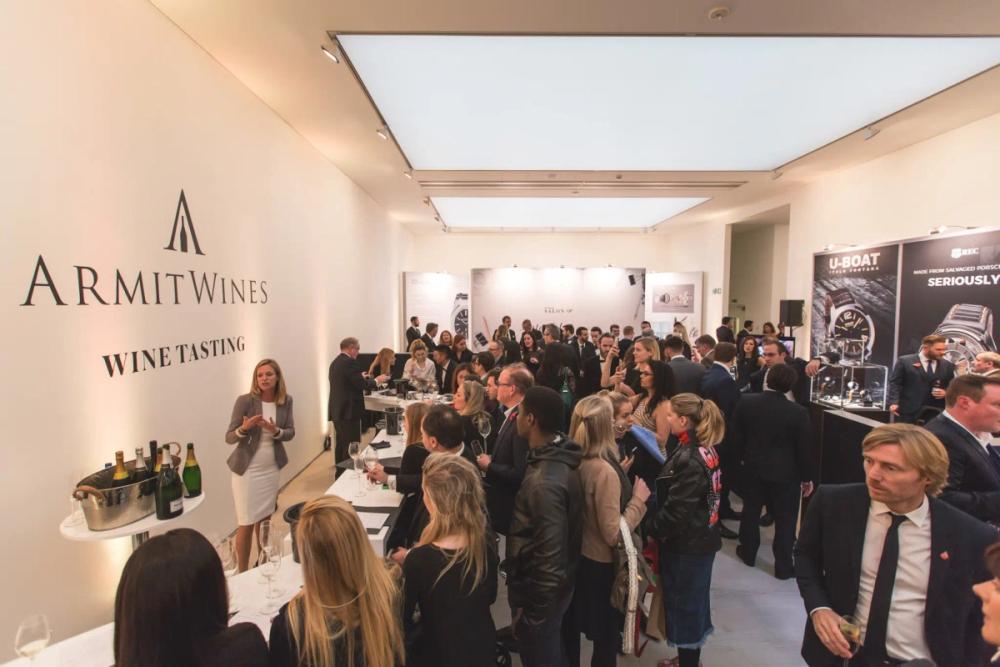
For Armit to operate effectively it needs all its team to know what is expected of them and how they can achieve it, says Brett Fleming
I often say in interview if you are not challenging me, then you are not the right fit for Armit. It is hard for people to truly buy into this at first. By encouraging people to challenge upwards and have the confidence to do so without reprisal or fear of losing their job is so so important. All I ask is once you have done and we discuss, then any decision made, we unite and move forward. The resulting freedom it gives people accelerates their own development and ensures a personal ownership of all they do. If people are empowered and believe in what we are trying to achieve, the passion and commitment is like nothing else.
How do you retain good talent?
This has become harder over the years, but key is supporting the team in training, opportunity to build a career and of course remuneration and benefits. As a smaller business this is harder when compared to more corporate structures but when you consider who we are representing this also has an attraction.
The growers we represent spend years, often decades before they release their hard work expressed by their wines. They have a legacy we need to protect and promote responsibly, and interestingly this helps finding talent that recognises this commitment
Finding good staff is the single hardest aspect of being a senior manager. Retaining them is just as hard. None the less, empowering good people to own their space, let them know they won't be shot if they make a mistake, trust them, celebrate success, and work on failures together.
Don’t tell people what to do all the time but set out what you want (Expectations) and allow them the space to deliver on these. Encourage, indeed insist on being challenged. Ideas are theirs to express so encourage these by recognising them when you can.
At Armit we have a "Thinking outside the box" award which is a monetary amount to any employee who has an idea that makes Armit a better place. That could be in a number of different ways from opps, customer services, sales, marketing supply PR etc etc. If we then implement this idea, the employee gets an added payment for the month. I have awarded it I think a dozen times or so and would love to award it more‼.
How do you deal with unmotivated, or non-performing members of your team?
Be honest with people and encourage good feed back. If it is not working, find out why, but ultimately if the fit is not working for both parties, deal with it and move on.
How has the role of business leader changed?

Brett Fleming believes the work being done by Queena Wong into diversity and inclusion in the wine industry helps sets standards for wine businesses to live up to
The wine trade itself has changed but is still a long way off where we need to be as an inclusive, diverse and collaborative industry. Initiatives like Queena Wong's Curious Vines and the work done by Miles Beale and the team at Wine & Spirit Trade Association all offer opportunity to ensure as leaders we look to have their standards incorporated into our own directives.
Information and data is far more accurate now, the visibility of pricing on any wine means we have a more open environment. Corporate responsibility is more and more important to a companies DNA and this is markedly different to when I first joined the trade.
Have you had business mentors in your career and what have you learnt most from them?
Yes indeed. The mentoring I most admired was more around the vision and drive they had ahead of the way they perhaps managed the team. Their energy and pace was unrelenting but exhilarating at the same time. Never waver from your vision and look to empower people to bring you and them on the journey.
The most impactful comment made I have never forgotten was "success is not a destination but a journey". That was Christopher Carson in the mid 1990s!
In terms of what I have learnt this is harder to articulate. As I gained more experience and responsibility, I realised I knew less. However, the one thing, above all else, I have learned is be clear on what your vision is as a manager, don’t deviate from it, and fight for what you believe in. At least if you fail, you can keep your dignity.
If you have a problem in a business what are the steps you out in place to try and solve it - Can you give an example?
I have these every day!. For me the main issue is ensuring what is best for the company first to ensure you then manage the problem at hand. Back in the mid 2000s I was told you would never break into the Dubai market, but working collaboratively with Mark Rogers of Intagulf, we not only broke in, but headlined the leading hotel chain at the time with our wines circumnavigating the duopoly of MMI and A+E.
It would have been so easy to simply accept the norm and no one would have thought it a failure. It was only because we really worked the problem and found solutions that we the prevailed.
Who do you admire in business and why?
Inside drinks industry:
Michael Saunders. Without doubt the most gifted visionary in the wine trade I have ever met. Driven, hungry, always right and annoyingly charming.
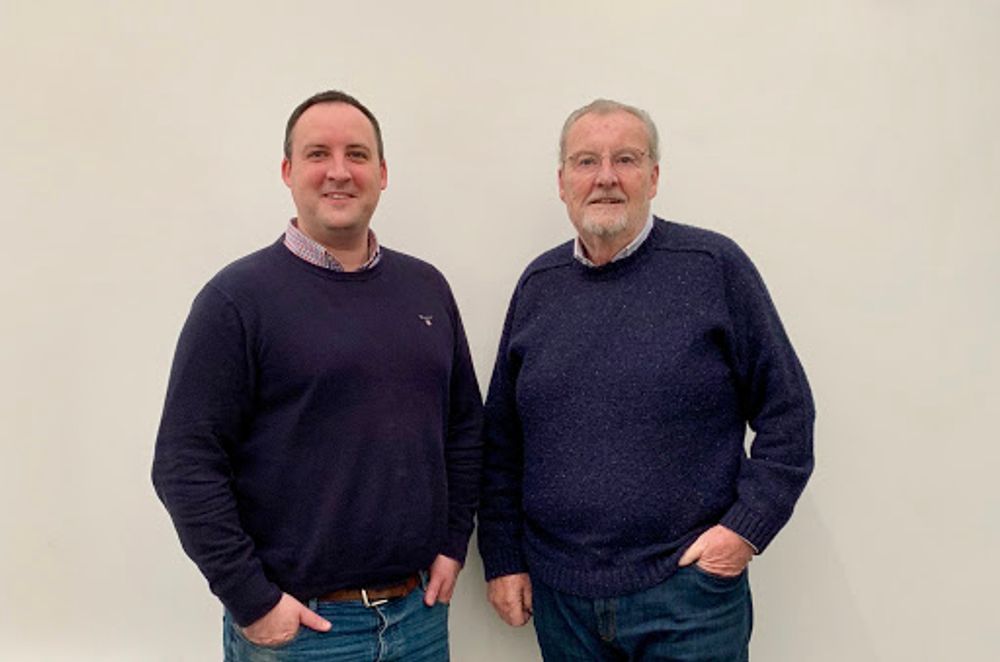
Christopher Carson and his son Jon - the father and son double act now behind Carson & Carnevale wines
Christopher Carson. The most driven man I have ever encountered. He had an energy that younger people could never keep up with. He was the toughest person I have ever worked for, and despite me not knowing it at the time, taught me more than any other manager since. His vision on building brand Australia and opening up opportunity for a raft of younger employees who have all gone on to success in other roles is not to be underestimated.
Gerard Basset. Frankly there is nothing I can say that even comes close to why ,I and nearly the entire wine trade, admired Gerard as we all do. He was instrumental (as he was to many) in supporting me and providing encouragement.
Marty Gold of Martin Scott Wines in New York. Sadly, passed away a couple of years ago but he taught me more in four years about how to run a distribution business (in New York) than any mentor before or since.
Steven Hirsch of Heritage Wines in Chicago was also the same. They both knew the value of their business lay in the suppliers to it. I remember Marty telling me about the 9/11 attacks and how he instructed his entire workforce to eat out in New York when not a single person was doing so due to the attacks. This was at great cost to him but built loyalty with the restaurateurs at a time when no one was supporting them.
Outside drinks industry:
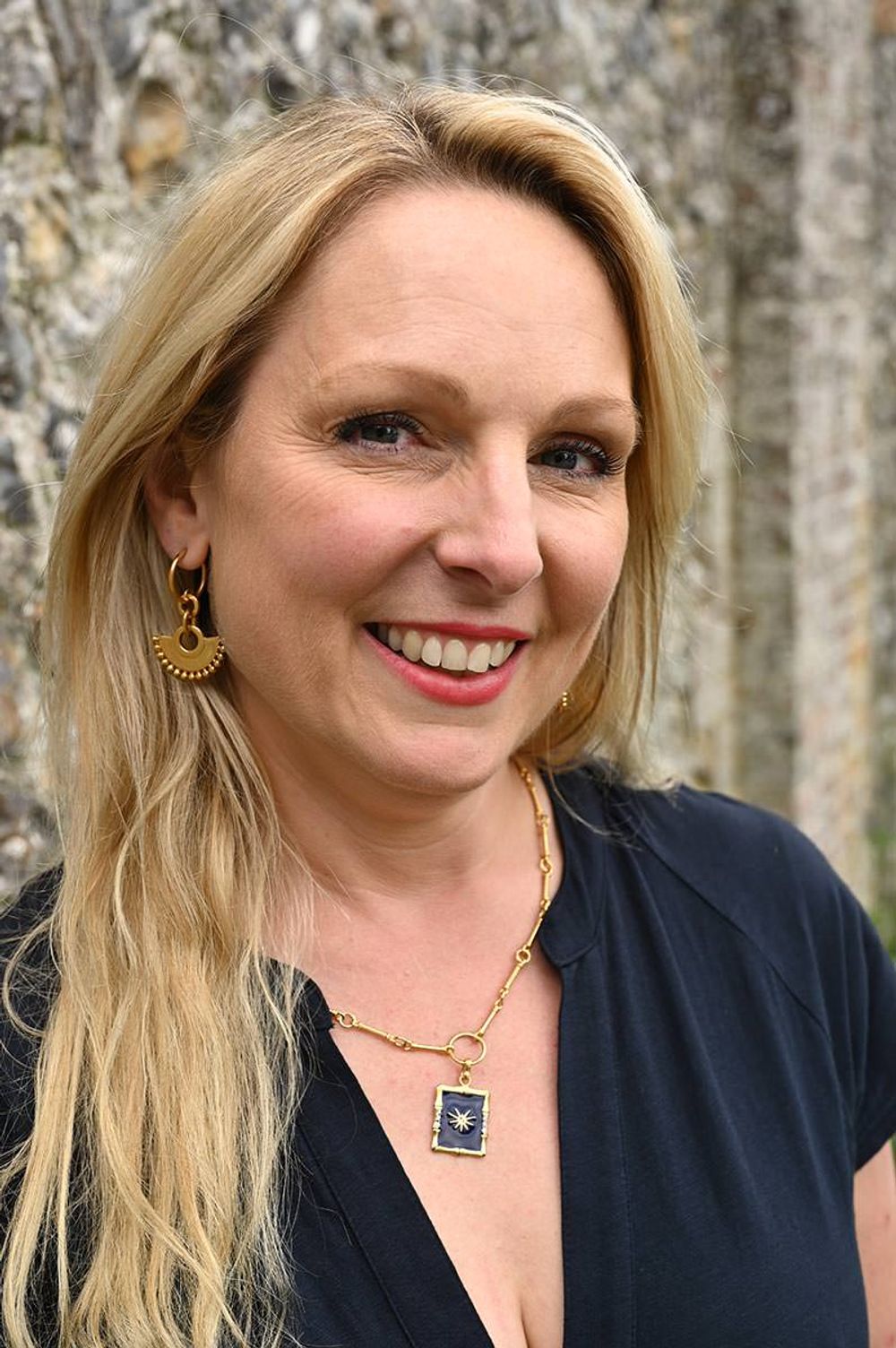
Aspiring HR's Liz Beck is invaluable in helping Brett Fleming find the right people to potentially work with
Liz Beck, chief executive and executive coach of Aspiring HR. Puts the fear of god into me each time we meet. One of those people who can look at you and you can feel them reading you like a book. Her insights and knowledge of how people tick is extraordinary and whilst I love her to bits, I avoid too many meetings as otherwise I’m a nervous wreck!
Richard Branson. A cliché perhaps to put someone of this nature in my reply, but he represents all I wish I could. Driven, hungry, not always right, uses failure to build success. Most interviews and all his books suggest a man who knows his limits and is able to get maximum return out of others better at him in specific areas. And he also knows how to have fun and why not.
If you are interested in buying a business what are the key questions you need to ask to determine whether it is a possibility or not?
Why are you for sale? It could be due to poor performance, age, no succession plans or other factors. Understanding why a business is for sale is key to understanding if there is opportunity. Then ask:
* Does this business add or erode your current one?
* What opportunities are there to scale up once purchased?
* Can you protect all staff involved?
What is it that gets you out of bed in the morning in running a business?
The act of business. No day is the same and finding solutions to real problems is the key driver for me. Building real brand equity is the other. Whilst I do love drinking good wine, it is the opportunity to build relationships with producers and grow their equity in market that is all encompassing for me.
What are you doing personally to improve your skills as a business leader to keep up?
I read a lot and try to understand how other leaders and managers deal with challenges. The executive coaching I now have is key in ensuring I never become complacent or entitled.
If you had not worked in wine or the drinks industry what would have been your dream career?
Food or music. I’m rubbish at both but love cooking and when a lot younger played music. However, I have a voice of a rust nail on a blackboard so that was never going to work.
Favourite business book and why?
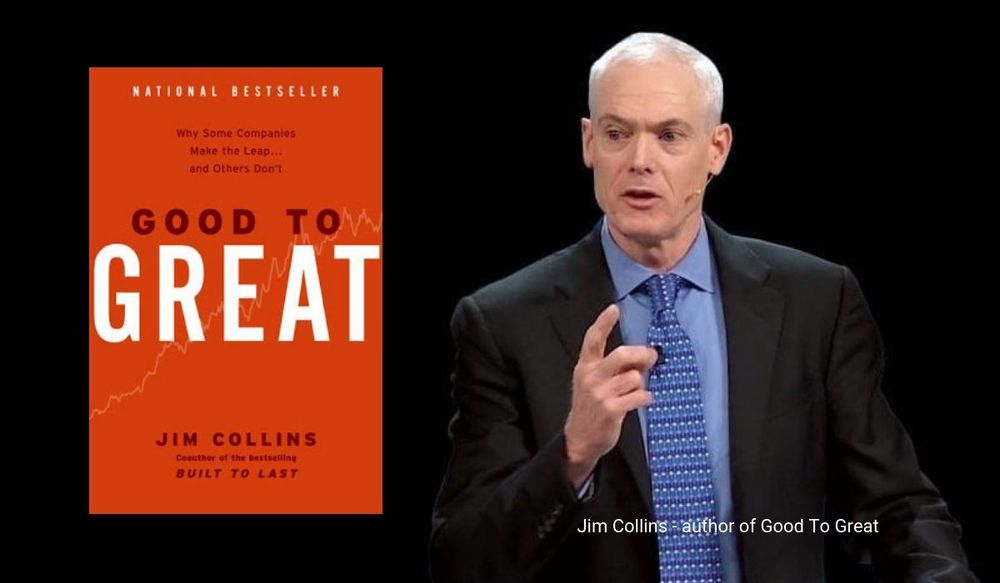
One for your reading list: Good to Great by Jim Collins
Good to Great by Jim Collins and The 7 Habits Of Highly Effective People by Stephen R. Covey. Both essentially say the same thing about leadership being about others not you, holding your vision, be strong and believe in your team.
Anything else to say?
The last four years have been perhaps some of the toughest in our industry given we have the global pandemic, Brexit issues, cost of living, the war in Ukraine and Middle East and so much more, yet we still have a fabulous industry to be proud of.
We get to take home our work and enjoy it in a different atmosphere but come to work on a Monday to work with a product that we all love.
We make life long friends with producers and growers.
We get to taste wines otherwise outside of our affordability through the generosity of suppliers and events.
The list goes on and I for one feel privileged to be part of an industry that can celebrate its very reason for existing. Of course there is more we can do as an industry, but lets also stop every now and then to enjoy the ride.
* If you want to find out more about Brett Fleming and Armit Wines go to its website here.
